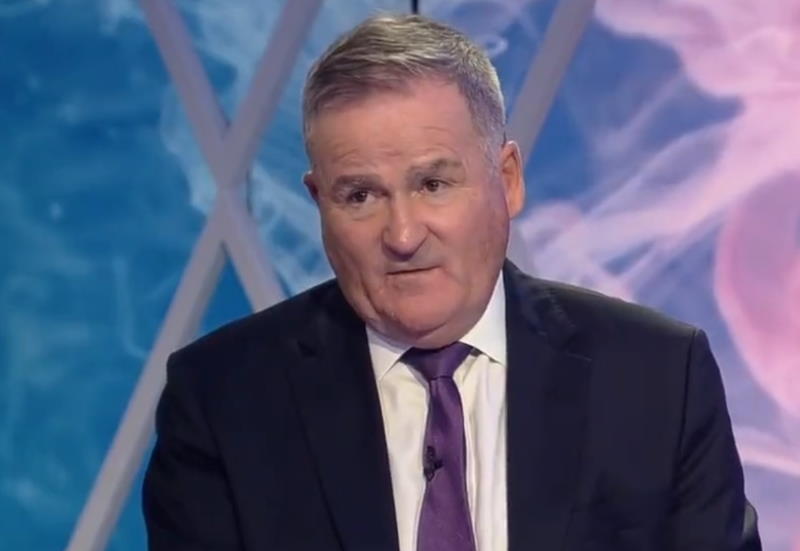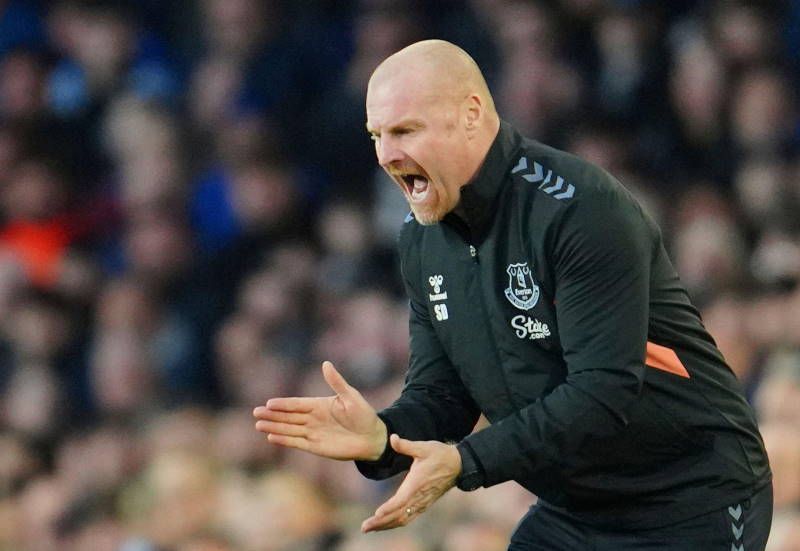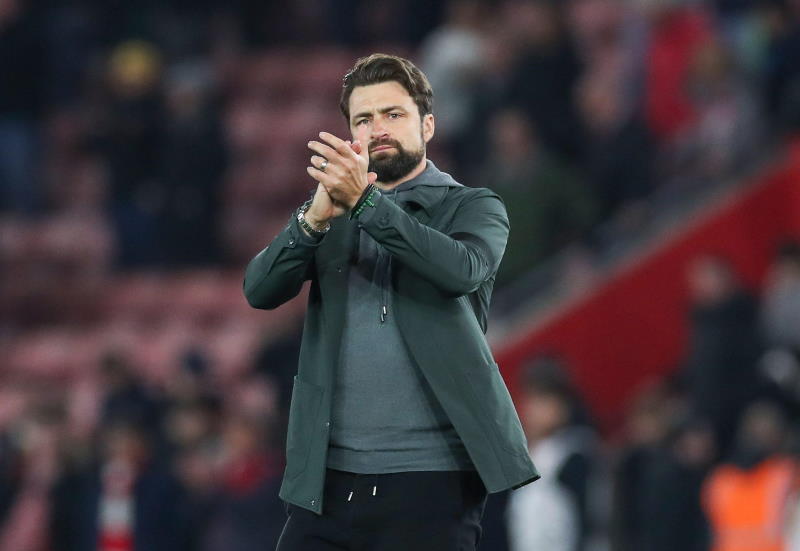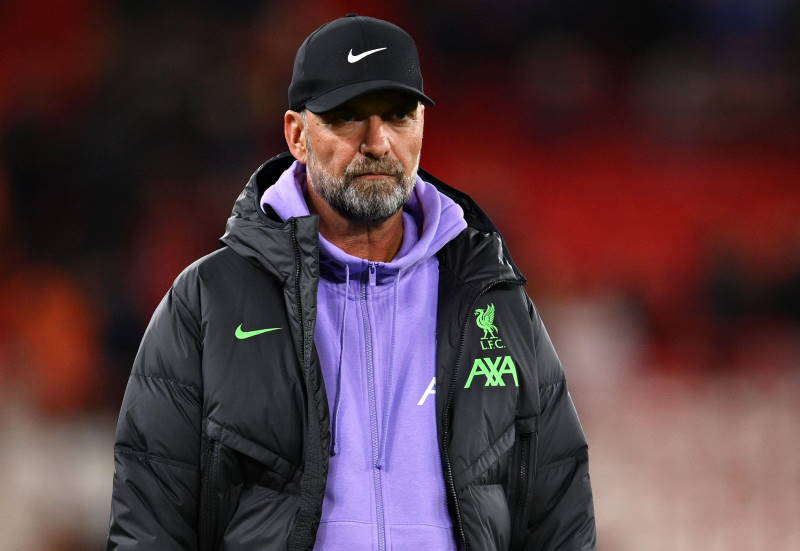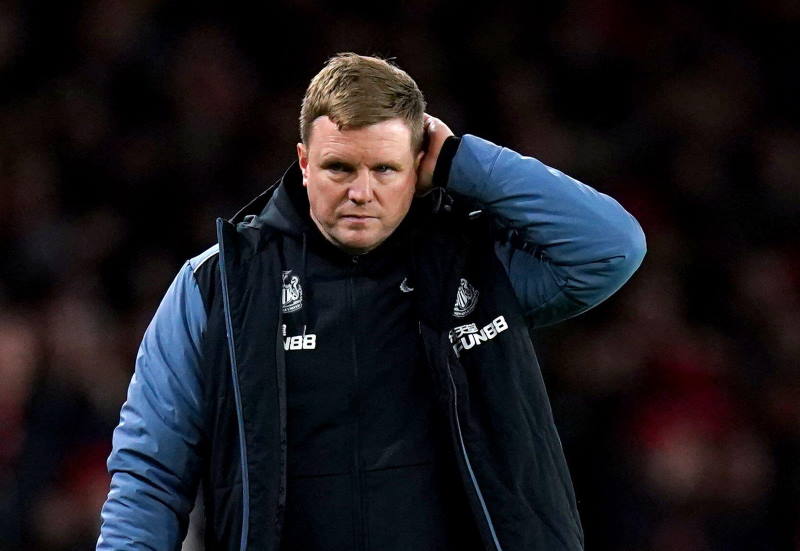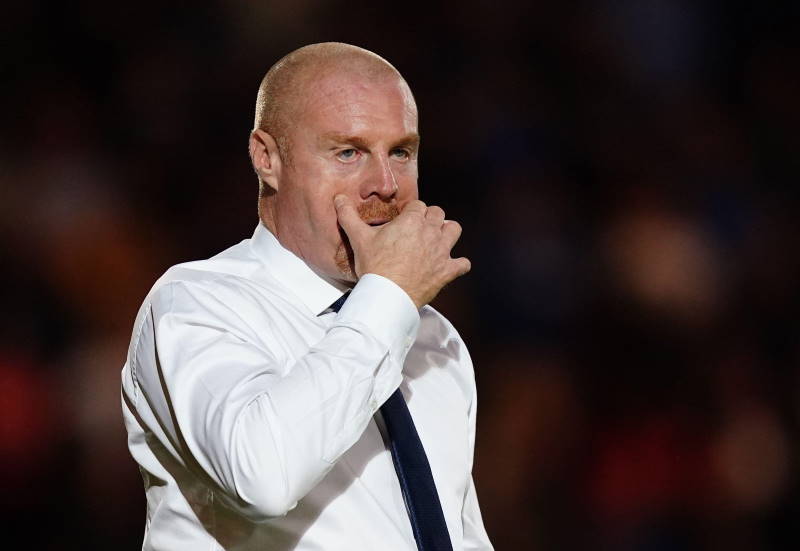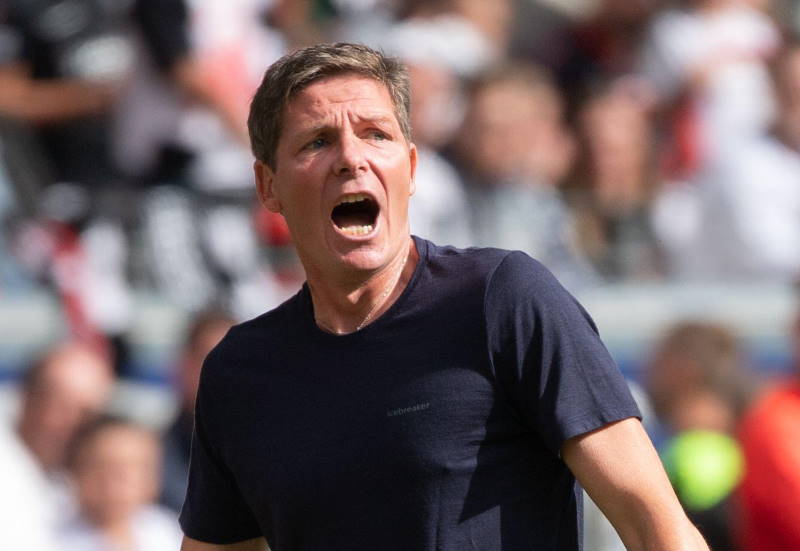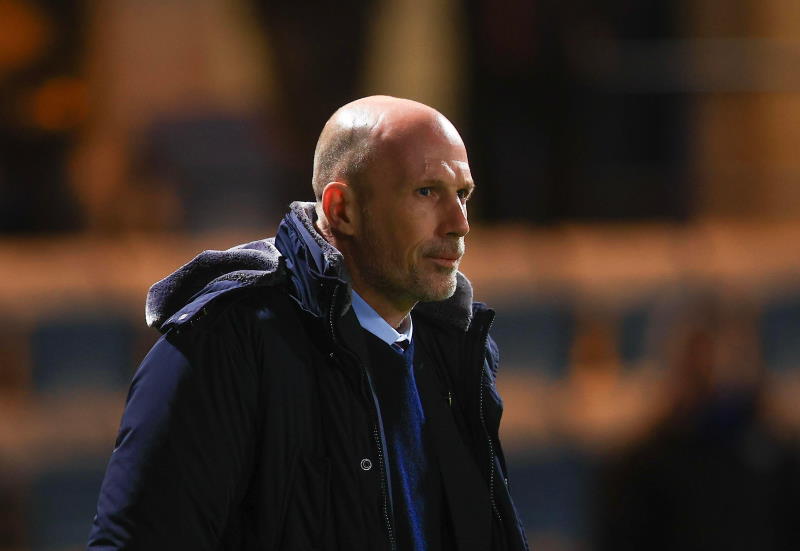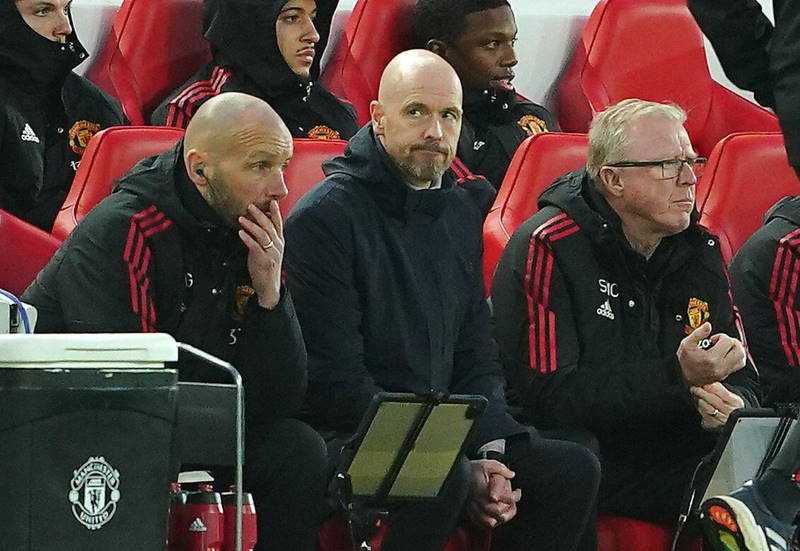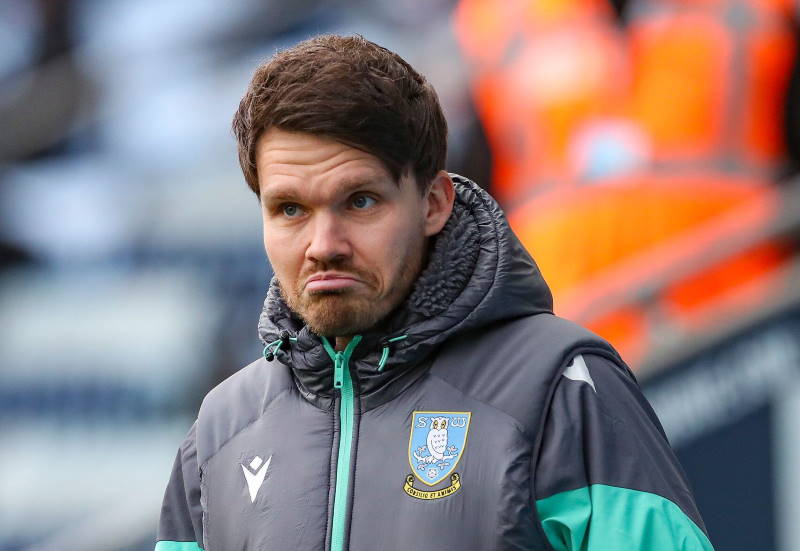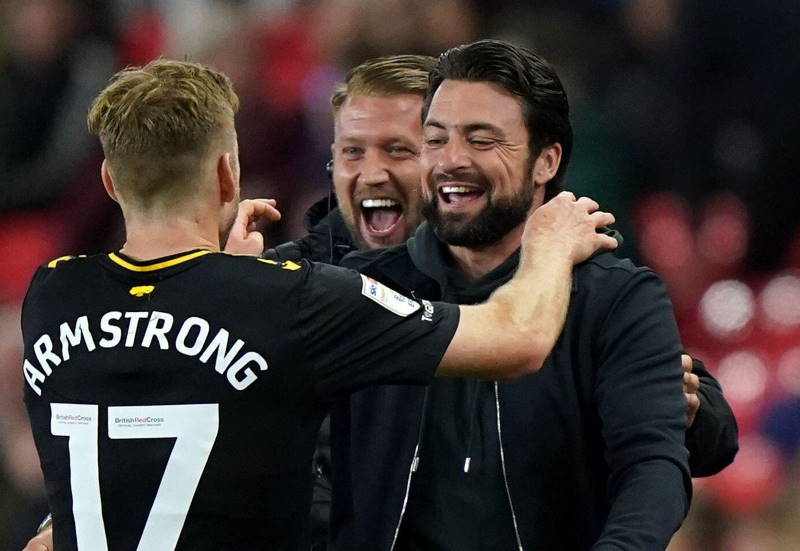
Rarely has an England team exited a tournament so embarrassingly as the Under-21 side which is returning from Israel after a disastrous European Championship. Knocked out in the group stages, England scored one goal and collected no points after defeats to the hosts, Norway and Italy.
More worrying than statistics is the manner in which England exited. Against Italy they were outplayed and out-thought. But then that was Italy. To be outplayed by the Norwegians in their second game was a shocking indictment of the Young Lions’ quality. And then the defeat to an Israel team with more desire and hunger was in some ways the worst of all three losses. Glancing over at the other group, it is easy to fear what would have happened to England had they been in Russia’s position, taking on Germany, the Netherlands and Spain. But whereas Germany lost against both Spain and the Netherlands by the odd goal in tightly fought contests, England were simply never in it. The defeat continues a theme and debate in English football which has persisted for decades – why are they seemingly behind their continental rivals?
World Cup winners in 1966, England went on the reach the semi-finals of the subsequent European Championship in 1968. They also found themselves in the semi-finals of the World Cup in 1990, beaten by the eventual winners Germany on penalties. The same story repeated itself in the European Championship England hosted in 1996.
That makes a total of four international tournaments England have ever looked seriously like winning in history. Compared with their main rivals it is a pitiful record. Italy, the Czech Republic, Greece, Denmark, Soviet Union, Belgium, Yugoslavia, Germany, France, the Netherlands, Brazil, Spain and Portugal have all reached finals of major tournaments since England last did. Why?
Firstly, only two players in the England Under-21 side played for a team that finished in the Premier League’s top four last year. And those two, Josh McEachran and Wilfried Zaha, spent last season playing in England’s second tier on loan. Eight other players played for Championship sides, whilst two others helped their teams to relegation from the Premier League. There was no player playing as a first choice for a top team last season. Yet at the same time, many who could have been in Israel for England were not. Alex Oxlade-Chamberlain and Phil Jones played for the senior side in a friendly in Brazil. Danny Welbeck, Jack Wilshere, Jack Rodwell and Kyle Walker were also absent, as were Nick Powell and Carl Jenkinson. Only Jordan Henderson of those available to coach Stuart Pearce had played more than once for the national side. And this explains why, having beaten Norway home and away in qualifying, England were outplayed by them so easily this month.
Part of the problem is down to sheer incompetence – Russia managed to get Alan Dzagoev to travel to Israel after playing for the senior side in a World Cup qualifier, whilst Spain and Italy have both managed to pick Confederations Cup squads without hampering their Under-21s. But of course there is also the fact that the Premier League dictate to the FA, who have little control over the top teams because of their organisational structure, with vested interests holding too much influence. The idea of England doing as Spain, who had several players from Barcelona and Real Madrid, including a regular first teamer in Thiago Alcantara and their other key stars such as Isco and Asier Illaramendi, is fanciful.
Perhaps the biggest problem is probably a matter of economics. The Premier League is the world’s richest league, attracting the world’s best players. Loic Remy swapped Champions League football with Marseille to be relegated with Queens Park Rangers, Ricky van Wolfswinkel and Daniel Carrico rejected the history of Sporting Lisbon for Norwich City and Reading respectively. Premier League sides can attract the very best the world has to offer and top players are drawn to English football because of the riches thanks to blockbuster television rights deals. With the best talent, established and young, flooding into the Premier League, it makes it harder for English youngsters to break through than their continental compatriots. Only 35 per cent of first team players in the Premier League are English.
Spain’s teams, Real Madrid and Barcelona aside, are swimming unsustainable debt, and therefore losing their best players, opening up chances for youngsters such as Asier Illaramanedi and Iker Muniain. Italian sides have fallen behind financially too, whilst Germany, as ever, took the long sighted move years ago to ensure German representation in match day squads. England of course has a similar rule about home grown players, but this is so vague as to count foreigners who were signed at a young enough age. Still, top teams will always rather develop their own talent – if there were good young English players they would be prioritised over foreigners in the Premier League. And the early rewards for young English talent must have an impact on their motivation – and it is claimed that some in the squad in Israel did not really want to be there. Pearce, the coach who has seen his contract failed to be renewed after the debacle, was aghast at the manner of defeat and blamed the players. Politically naive, but a true professional in his career, his views are worth paying attention to.
It is clear that the above is only a partial explanation. When these young talents of English football get into the senior side they are still nowhere near winning a trophy. Yet as many have pointed out, England’s best players, the likes of Frank Lampard, Steven Gerrard and Rio Ferdinand, regularly win trophies both domestically and internationally for their clubs. Why? It is not mentality – if they lacked spirit they could not make it for teams such as Manchester United.
Unfortunately it is probably because the English lack key qualities – tactical nous, football intelligence and technique. A few years ago former Marseille winger Chris Waddle accused Theo Walcott of lacking a football brain. Waddle, one of those Englishmen who had a wonderful football brain, is well qualified to talk. And although it was harsh on Walcott it was not wholly inaccurate. Waddle missed the wider point though – his observation was fair to level at most English players.
England are notoriously poor when it comes to movement, tending to remain fairly static without rotating positions. They are usually extremely poor at seeing and creating space. They are very right footed – which is a problem because if a player can only use one foot the range of angles he can play the ball is limited, and he becomes more predictable. Therefore they tend to play the obvious ball. Players like Gerrard and Lampard, and now Wilshere and Welbeck, are increasingly rare. With every generation there are fewer and fewer top English players. And that means that when a Wilshere comes through, they are put into the senior side sooner than they would be with another country, depleting the strength of the Under-21s. Walcott was called up to the World Cup squad for 2006 in Germany – as much as anything this was a judgment on the lack of top quality among the senior English stars in the Premier League.
And it is no surprise when there are only 3,000 English coaches, compared to 24,000 in Spain, 30,000 in Italy and 35,000 in Germany. No wonder young players are not coached that well in comparison – amateur coaching relies on the most basic English traits – power and pace. Consider the best English player of recent years – David Beckham. One of the few with football intelligence and sublime technique, it is clear to see why youth coaches allowed him to develop in a way they did not with other gifted technical talents. Beckham’s crossing ability and pinpoint long balls are perfect for English football.
With fewer and fewer Beckhams, the big worry for England should be that the Under-21s offers a glimpse into the future of the national team – and it does not look bright. But the biggest concern is that there are so many issues that it is not possible to diagnose England’s problems accurately. Efforts are being made to improve coaching and reform the FA, but it will take years for these to take effect. It may take even longer to know whether that was the problem all along, or whether there is a bigger issue that English football is missing.
Like to bet on football? Pay Inside Bet a visit!

